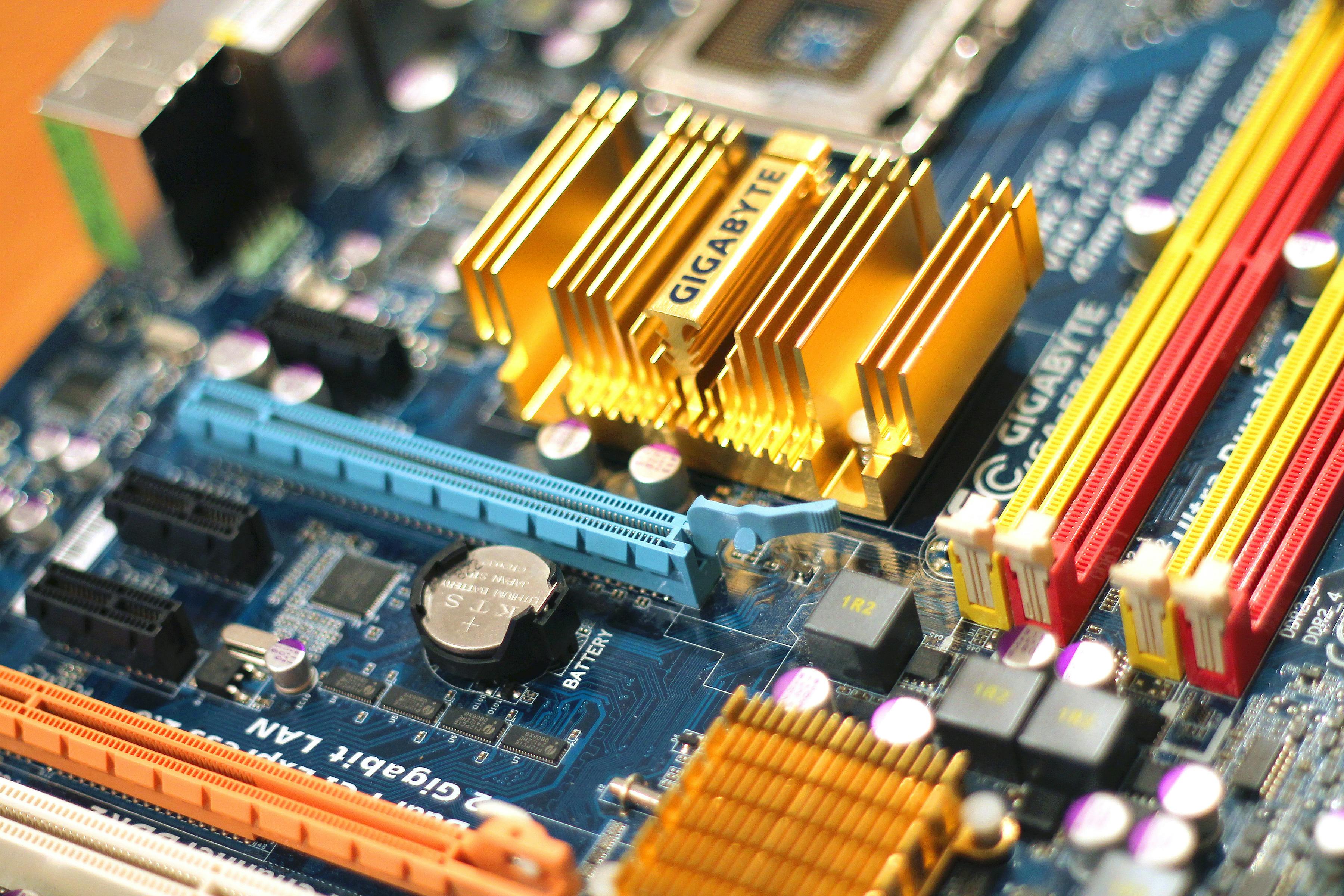
Agile Hardware Development Methodology (AHDM) is gaining increasing importance due to the rising demand for domain-specific architecture (DSA). Hardware Construction Languages (HCLs) like Chisel, due to their abstraction capabilities, enable efficient implementation of AHDM. Large Language Models (LLMs) have already achieved considerable success in code generation, but they face challenges in generating Chisel code, particularly regarding syntactic correctness and design variability.
Previous approaches based on advanced reasoning models have improved code generation through test-time scaling techniques, but without domain-specific adaptation, they don't show significant advantages in Chisel code generation. A new research paper introduces ChiseLLM, a solution that combines data processing and transformation, prompt-guided synthesis of reasoning traces, and domain-specific model training.
ChiseLLM is based on a three-stage process. First, high-quality datasets are created from publicly available RTL code resources. Then, the model is guided by prompt extension methods to adopt structured reasoning patterns. Finally, domain-specific training of the model takes place to optimally prepare it for the specifics of Chisel.
Experimental results show that the ChiseLLM models (7B and 32B) improve syntactic correctness by 18.85% and 26.32% respectively, compared to baseline models. Furthermore, they increase design variability by 47.58% compared to conventional reasoning models. These improvements highlight the potential of ChiseLLM to increase the efficiency and quality of Chisel-based hardware development.
The developers of ChiseLLM have made the datasets and models publicly available. This not only provides access to powerful and cost-effective models for HCL-based AHDM, but also offers a solid foundation for future research in this area. The further development of ChiseLLM and similar approaches could fundamentally change hardware development through AI support and pave the way for innovative hardware designs.
ChiseLLM represents an important step in the application of LLMs for hardware development. By combining data processing, prompt engineering, and domain-specific training, it successfully addresses the challenges of Chisel code generation and significantly improves both syntactic correctness and design variability. The public availability of the models and datasets also opens up new possibilities for research and development in the field of AI-supported hardware development.
Bibliographie: - https://arxiv.org/abs/2504.19144 - https://arxiv.org/html/2504.19144v1 - https://huggingface.co/papers/2504.19144 - https://huggingface.co/papers - https://papers.cool/arxiv/cs.AR